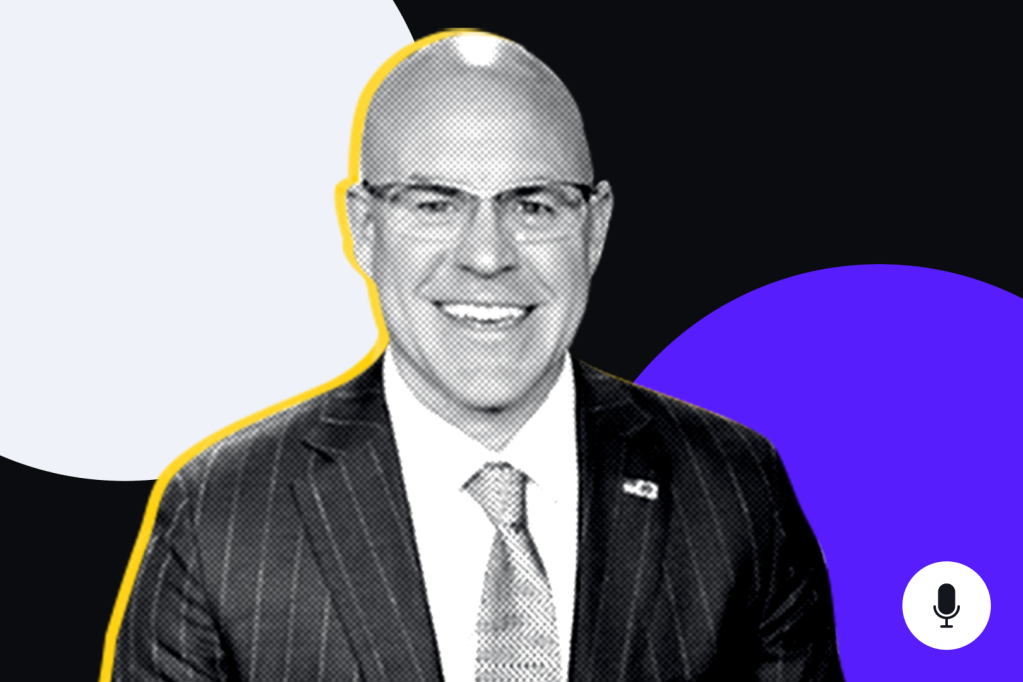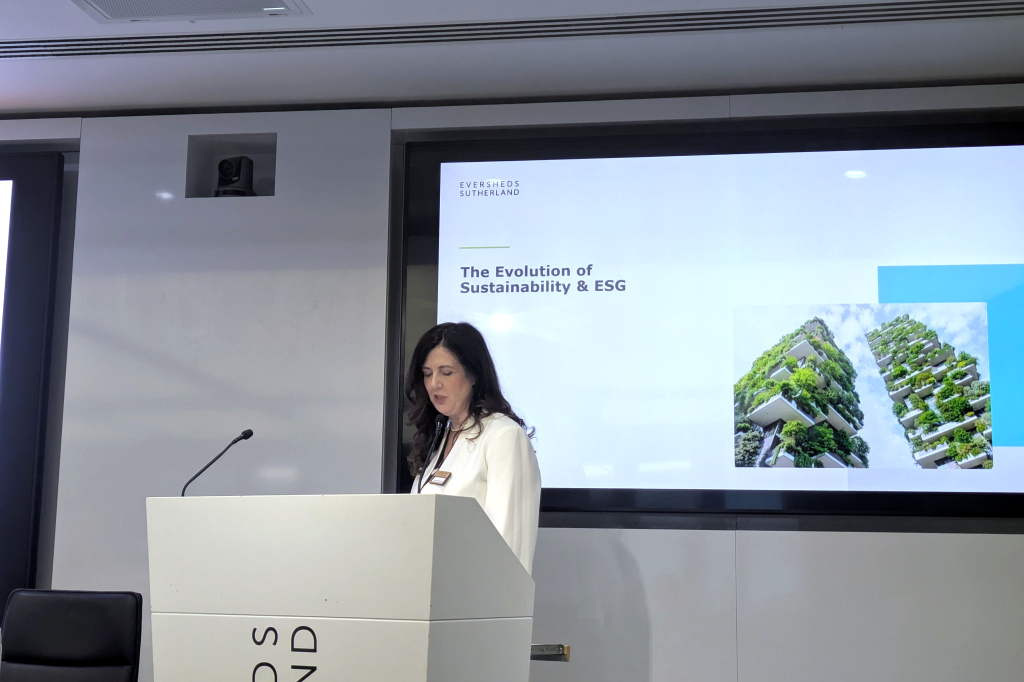This is a transcript of the podcast A GRIP discussion on law, compliance and policymaking in 2025 in which our expert writers discuss areas such as AML enforcement, cryptocurrency regulation, ESG commitments and ever-present cybersecurity threats, among other topics.
[INTRO]
Julie DiMauro: Hello everyone. I’m Julie DiMauro, I’m the US
I
Register for free to keep reading
To continue reading this article and unlock full access to GRIP, register now. You’ll enjoy free access to all content until our subscription service launches in early 2026.
- Unlimited access to industry insights
- Stay on top of key rules and regulatory changes with our Rules Navigator
- Ad-free experience with no distractions
- Regular podcasts from trusted external experts
- Fresh compliance and regulatory content every day


![What [the heck] is going on with vaccine policy in America?](https://www.grip.globalrelay.com/wp-content/uploads/2026/02/G-Vaccine-signage-2259640793.jpg?w=1024)










